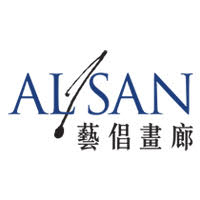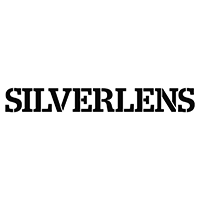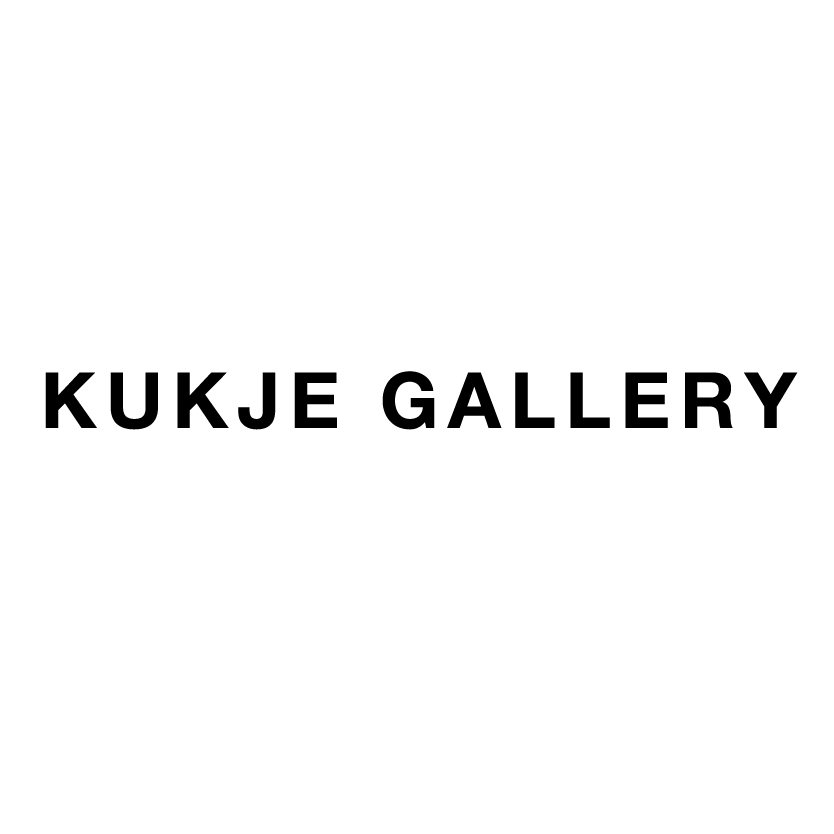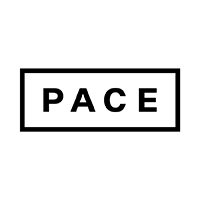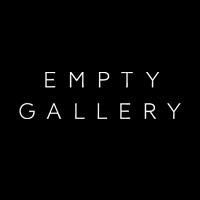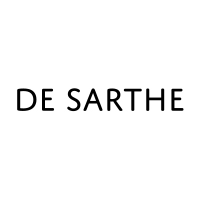Project Fulfill Art Space Demands Apology from Estée Lauder Companies China Affiliate
By Evelyn Goh

Left: installation view of CHEN SUNG-CHIH’s
On July 17, Taipei’s Project Fulfill Art Space released an official statement accusing Estée Lauder Companies China Affiliate of creating and displaying a near-identical copy of Chen Sung-Chih’s installation, Untitled—WZ (2019), without any contractual permission from the artist or the gallery, which represents the work.
Chen’s original artwork, comprising 12 transparent cubes topped with silver glitter and placed in a room with silver-glitter flooring, was showcased at the 2019 Wuzhen Contemporary Art Exhibition from March 31 to June 30. According to the gallery’s statement, an employee of Estée Lauder Companies China Affiliate saw the work at the show and proceeded to contact Project Fulfill on May 17, inquiring about a potential partnership with the artist and gallery. As part of their response, Chen and Project Fulfill stated: “This is an artwork. The artist is willing to make changes to a certain extent, but must authorize and agree to any alteration.” In accordance to their standard procedures, the gallery also provided Estée Lauder’s representative with production specifications and a quotation. Following that, the gallery did not hear back from the company with confirmation about the partnership and “regarded the collaboration as unsuccessful and hence invalid.”
On July 14, the gallery was alerted to the fact that the company had appropriated the work without permission via an image of an installation closely resembling Untitled—WZ (2019). The image shows pink-tinted, translucent cubes, some of which contain smaller cubes within them, placed in a room with pink, glittery floors. The image was disseminated as part of the WeChat promotion materials for a product-launch event in Wuzhen by M·A·C, a subsidiary cosmetics brand under Estée Lauder Companies.
In the official statement, Project Fulfill demanded a public apology from Estée Lauder Companies China Affiliate. They are currently awaiting formal response from the cosmetics brand. It remains unclear whether Project Fulfill intends to pursue any legal action regarding the situation. The gallery said: “By law, plagiarism and visual plagiarism are two separate issues. It may be difficult to deem Estée Lauder Companies China Affiliate’s form of display as plagiarism, but the company should have been fully aware of its transgressions as walking a fine line between what is legally acceptable and unacceptable.” At the time of publication, Estée Lauder Companies China Affiliate had not responded to AAP’s request for comment.
Evelyn Goh is an editorial intern of ArtAsiaPacific.
To read more of ArtAsiaPacific’s articles, visit our Digital Library.


